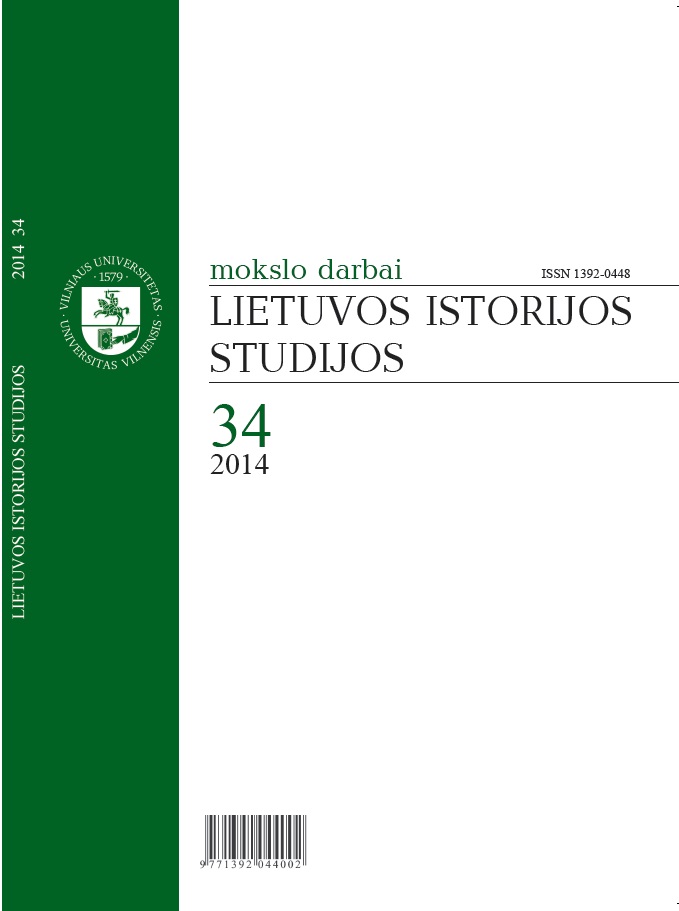AR BUVO JUSTAS PALECKIS TAUTINIS KOMUNISTAS?
Was Justas Paleckis a national communist?
(Some features for the political biography. 1944–1953)
Author(s): Vladas SirutavičiusSubject(s): Recent History (1900 till today), WW II and following years (1940 - 1949), History of Communism
Published by: Vilniaus Universiteto Leidykla
Keywords: Justas Paleckis; political biography; communism;
Summary/Abstract: The paper suggests that Justas Paleckis tried to combine indigenous (Lithuanian) communism with attitudes characteristic to the national communists in Central Europe. In the media, as well as in Party forums, Paleckis emphasized the specifics of the historical development of Lithuania, its differences from other Republics of the Soviet Union, where the formation of Soviet regime started much earlier. He suggested that the tradition of statehood made Lithuania a special and unique republic, because Lithuanians had a consolidated national consciousness. This is an important takeaway, when sovietising Lithuania. According to Paleckis, it is necessary to co-operate with cultural elite of the interwar period Lithuania in order to increase the popularity of the Soviet government among the titular nation. When interpreting Lithuanian history, Paleckis tried to link the Lithuanian struggle for social justice, in other words liberation from the yoke of exploiters, with another important and significant period of national revival or liberation from the national yoke. Naturally, according to Paleckis, the social and national liberation was completed with the establishment of socialist regime in Lithuania. Such understanding of history was also common to some national communists in Central Europe. Finally, Paleckis attempted to incorporate national elements to the symbols of Soviet Lithuania. The lithuanization of Soviet regime symbols had to reinforce the legitimacy of the regime. In general, Paleckis was convinced that it was possible to match ‘the Soviet’ with ‘the national’ and made efforts to render Soviet Lithuania more Lithuanian: he concerned himself with the involvement of Lithuanian inter-war intelligentsia into ‘creation of socialism’, spoke for the expansion of the Lithuanian language in public life, and stressed the significance of the national movement in the history of the nation. In this way he represented the type of a communist which should best be called an indigenous Lithuanian communist.
Journal: Lietuvos istorijos studijos
- Issue Year: 2014
- Issue No: 34
- Page Range: 83-103
- Page Count: 21
- Language: Lithuanian

